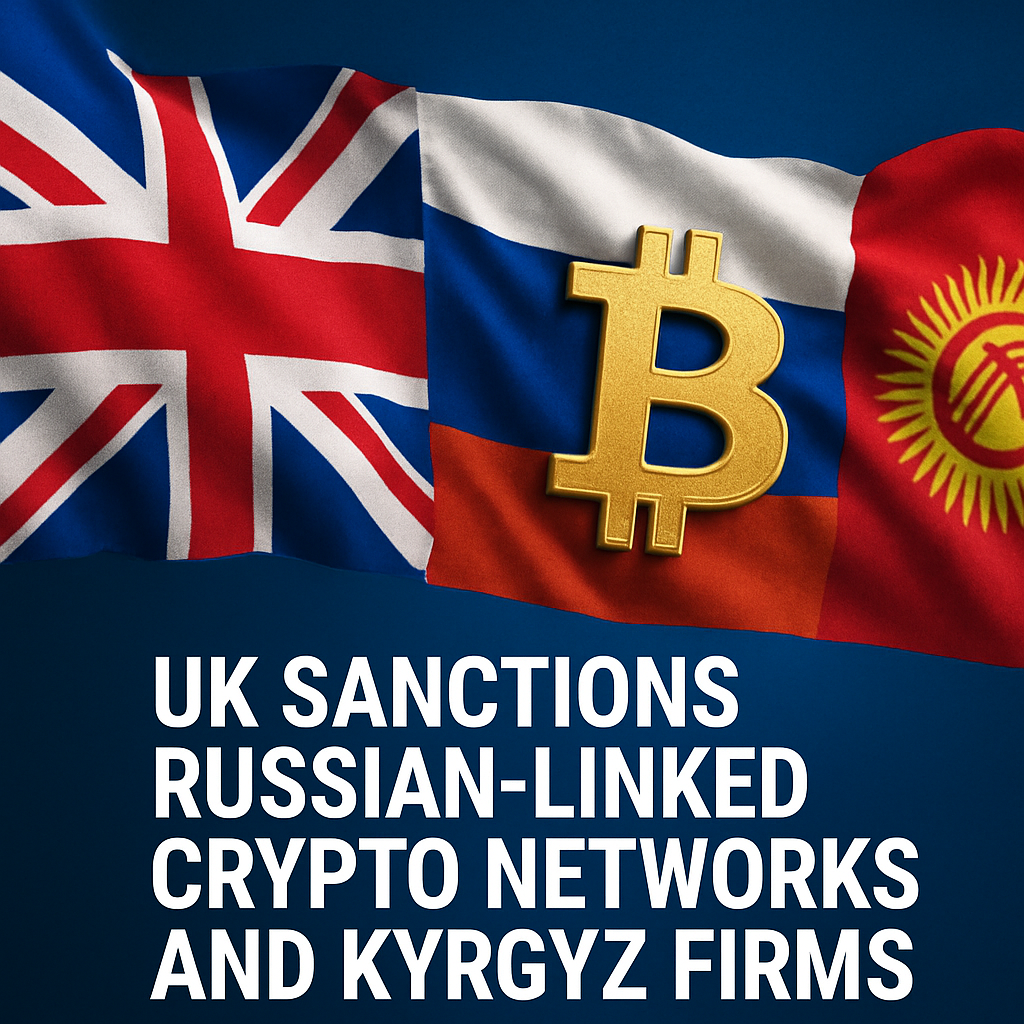On August 20, the UK government announced new sanctions aimed at dismantling cryptocurrency networks believed to facilitate sanctions evasion by the Russian state. The measures focused on eight individuals and entities, including a Luxembourg-registered firm and four Kyrgyzstan-based companies with ties to the A7A5 stablecoin project.
The targeted stablecoin, pegged to the Russian rouble, reportedly moved $9.3 billion in transactions over four months, according to British authorities. The UK Treasury designated firms such as Grinex LLC and Old Vector LLC for their alleged roles in providing payment infrastructure to support illicit transfers tied to military procurement.
Sanctions also named three individuals connected to financial channels used by the state-owned Promsvyazbank and a Kyrgyz bank accused of facilitating payments for defence contracts. The UK said these steps aimed to close loopholes exploited by Moscow to bypass Western financial restrictions.
The action mirrored U.S. sanctions announced last week against the same entities. Officials cited recent talks in Washington between President Donald Trump, Ukrainian President Volodymyr Zelenskiy, and European leaders as underpinning the coordinated pressure campaign.
UK sanctions minister Stephen Doughty stated: “Any attempts to launder transactions through dodgy crypto networks will be exposed and targeted. We will not let the Kremlin hide behind digital assets to undermine sanctions.”
The UK’s move highlights growing use of blockchain technology by state actors for geopolitical ends. Observers say that without swift regulatory responses and enhanced cross-border cooperation, cryptocurrency could become a preferred vehicle for illicit fund flows.

Comments (0)